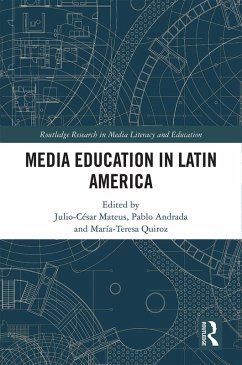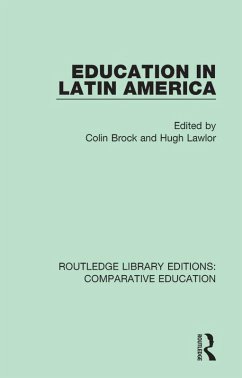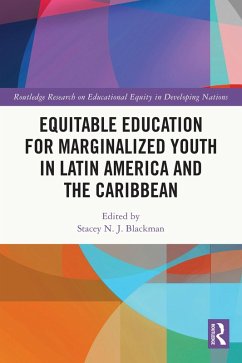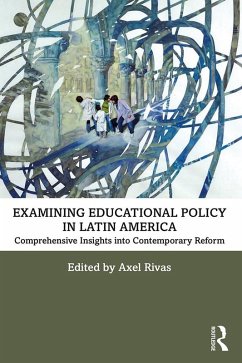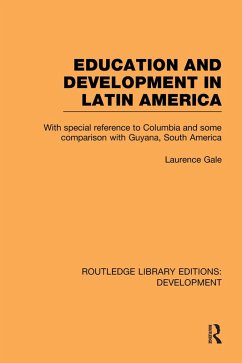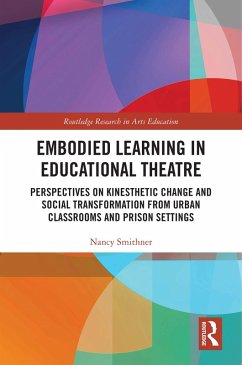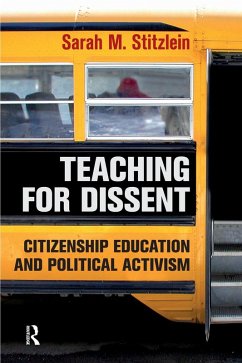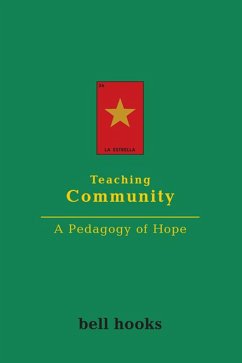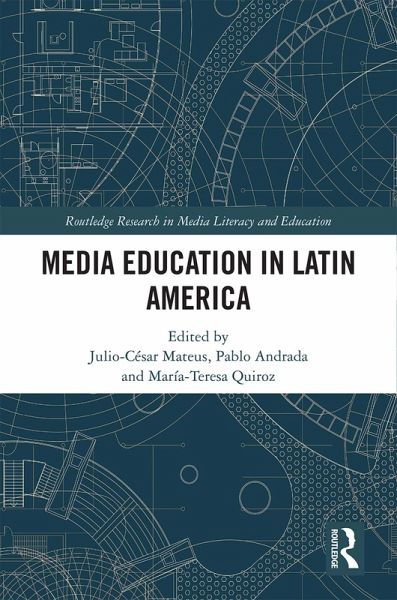
Media Education in Latin America (eBook, PDF)
Versandkostenfrei!
Sofort per Download lieferbar
41,95 €
inkl. MwSt.
Weitere Ausgaben:

PAYBACK Punkte
21 °P sammeln!
This book offers a systematic study of media education in Latin America. As spending on technological infrastructure in the region increases exponentially for educational purposes, and with national curriculums beginning to implement media related skills, this book makes a timely contribution to new debates surrounding the significance of media literacy as a citizen's right. Taking both a topical and country-based approach, authors from across Latin America present a comprehensive perspective of the region and address issues such as the political and social contexts in which media education is...
This book offers a systematic study of media education in Latin America. As spending on technological infrastructure in the region increases exponentially for educational purposes, and with national curriculums beginning to implement media related skills, this book makes a timely contribution to new debates surrounding the significance of media literacy as a citizen's right. Taking both a topical and country-based approach, authors from across Latin America present a comprehensive perspective of the region and address issues such as the political and social contexts in which media education is based, the current state of educational policies with respect to media, organizations and experiences that promote media education.
Dieser Download kann aus rechtlichen Gründen nur mit Rechnungsadresse in A, B, BG, CY, CZ, D, DK, EW, E, FIN, F, GR, HR, H, IRL, I, LT, L, LR, M, NL, PL, P, R, S, SLO, SK ausgeliefert werden.




